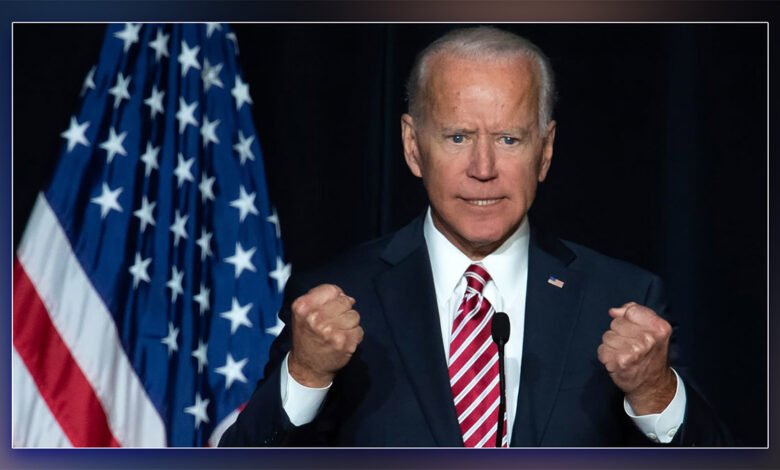Joe Biden’s $1 trillion infrastructure package approved
The U.S. House of Representatives has approved the nearly $1 trillion infrastructure package that forms the first phase of President Joe Biden's economic plan.

After months of negotiations, the $1 trillion infrastructure package was accepted by 228 votes to 206. While 6 Democrats voted against the bill, 13 Republicans got support.
The infrastructure package, announced by Biden at the end of March, passed the US Senate in August. While all Senate Democrats voted “yes” to the infrastructure bill, 19 Republican senators supported the bill.
The next stop of the $1 trillion infrastructure package will be the White House. The bill will be submitted for Biden’s signature to become law.
Read also
Telecom of Joe Biden, Picks Jump-Start Democratic Broadband Push
Afghanistan’s ‘last Jew’ remained in Pakistan secretly before leaving
Contrary to the planned, the social spending package of $ 1.75 trillion, which constitutes the second phase of Biden’s economic plan, could not be voted on Friday. The moderate wing of the Democrats demanded an unbiased assessment of the cost of the package from the Congressional Budget Office (CBO), which delayed the vote.
Speaker of the House of Representatives Nancy Pelosi said she expects the bill to pass the House by Thanksgiving on November 25.
Biden, on the other hand, in his written statement on the subject, stated that he is confident that the House of Representatives will pass the social spending package in the week of November 15.
550 billion dollars are allocated for new infrastructure investments
Within the scope of the infrastructure package, it is planned to spend approximately 1 trillion dollars in 8 years.
In the package, in which 550 billion dollars are allocated for new infrastructure investments, it is foreseen that the most budget in the “transportation” item will be transferred to road and bridge projects with 110 billion dollars.
The package includes $73 billion for electricity grids, $66 billion for railroads, $65 billion for broadband internet access expansion, $55 billion for water infrastructure, $50 billion for environmental projects, $39 billion for public transportation and 25 billion dollars for airport projects. billions of dollars are allocated.
While some economists state that the infrastructure package could boost productivity and economic growth in the long run, the Congressional Budget Office estimates that the package will increase the federal budget deficit by $256 billion over 10 years.



